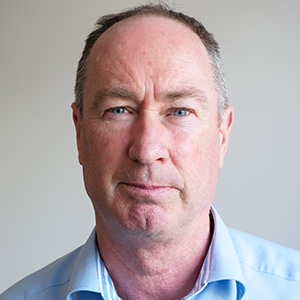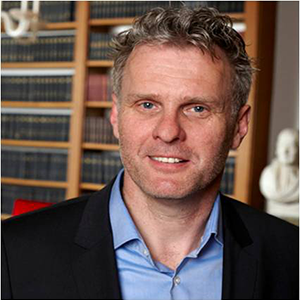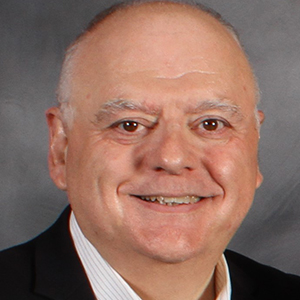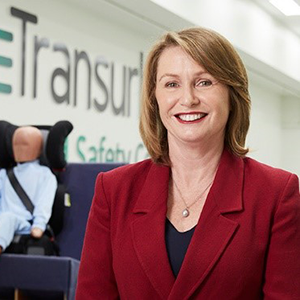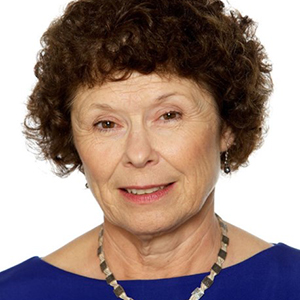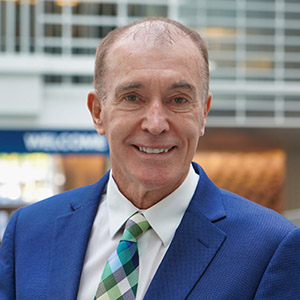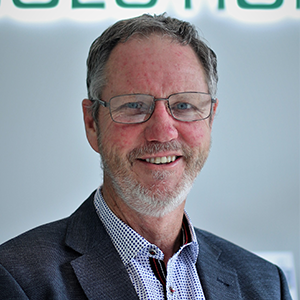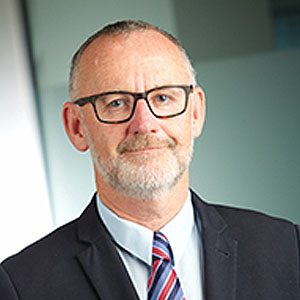Dave Cliff
CEO, Global Road Safety Partnership
Dave Cliff began in his role as the CEO of the Global Road Safety Partnership (GRSP) in April 2017.
The GRSP operates road safety related projects, professional road safety leadership education (in partnership with Johns Hopkins University), advocacy and grants programmes and a large road policing capacity building programme. GRSP operates in over forty countries globally and is based in Geneva, Switzerland with satellite offices in Malaysia and Hungary.
Dave was previously the Assistant Commissioner: Road Policing for New Zealand and had a range of criminal investigation, general duties and road policing roles.
Dave was appointment an Officer of the NZ Order of Merit (ONZM) in the 2012 Royal Honours for leading the police response to the Christchurch earthquakes and other policing initiatives as the Canterbury District Commander and received a second Royal Honour in 2013 as a Member of the Order of St John (MStJ).


